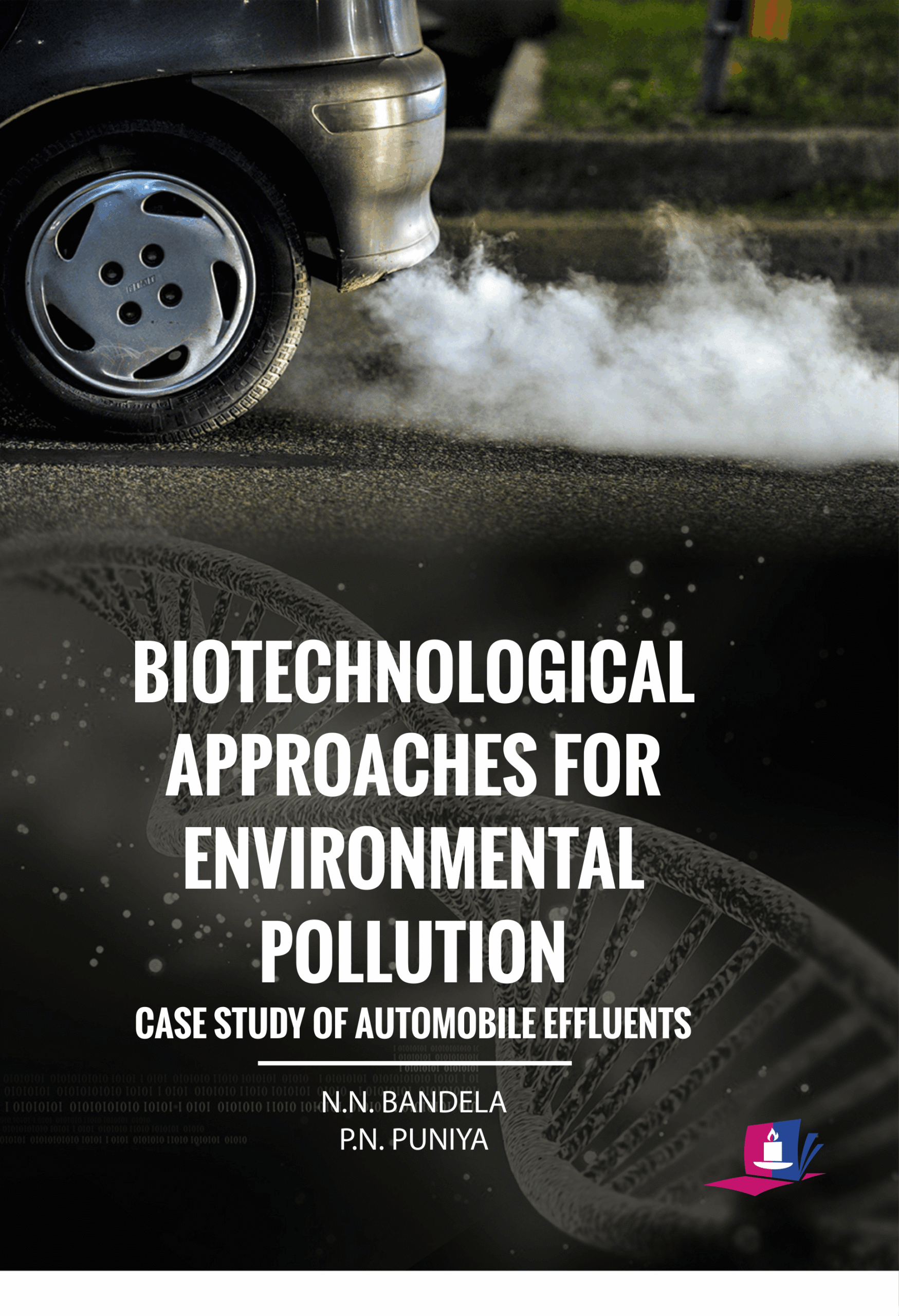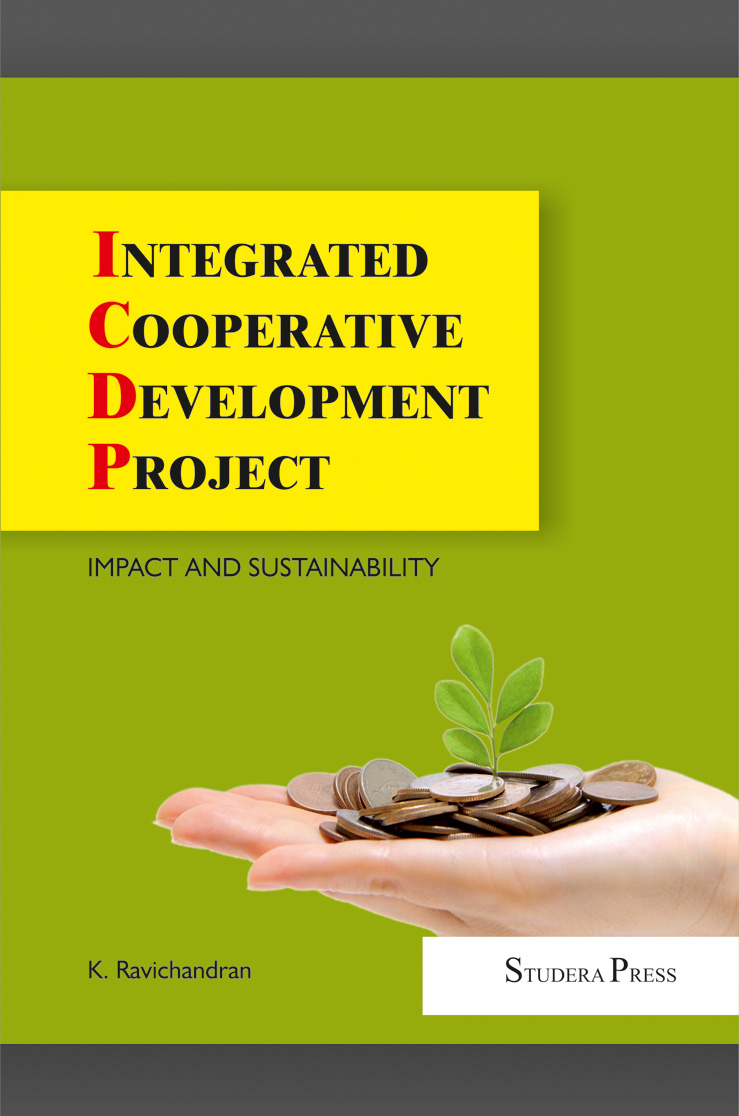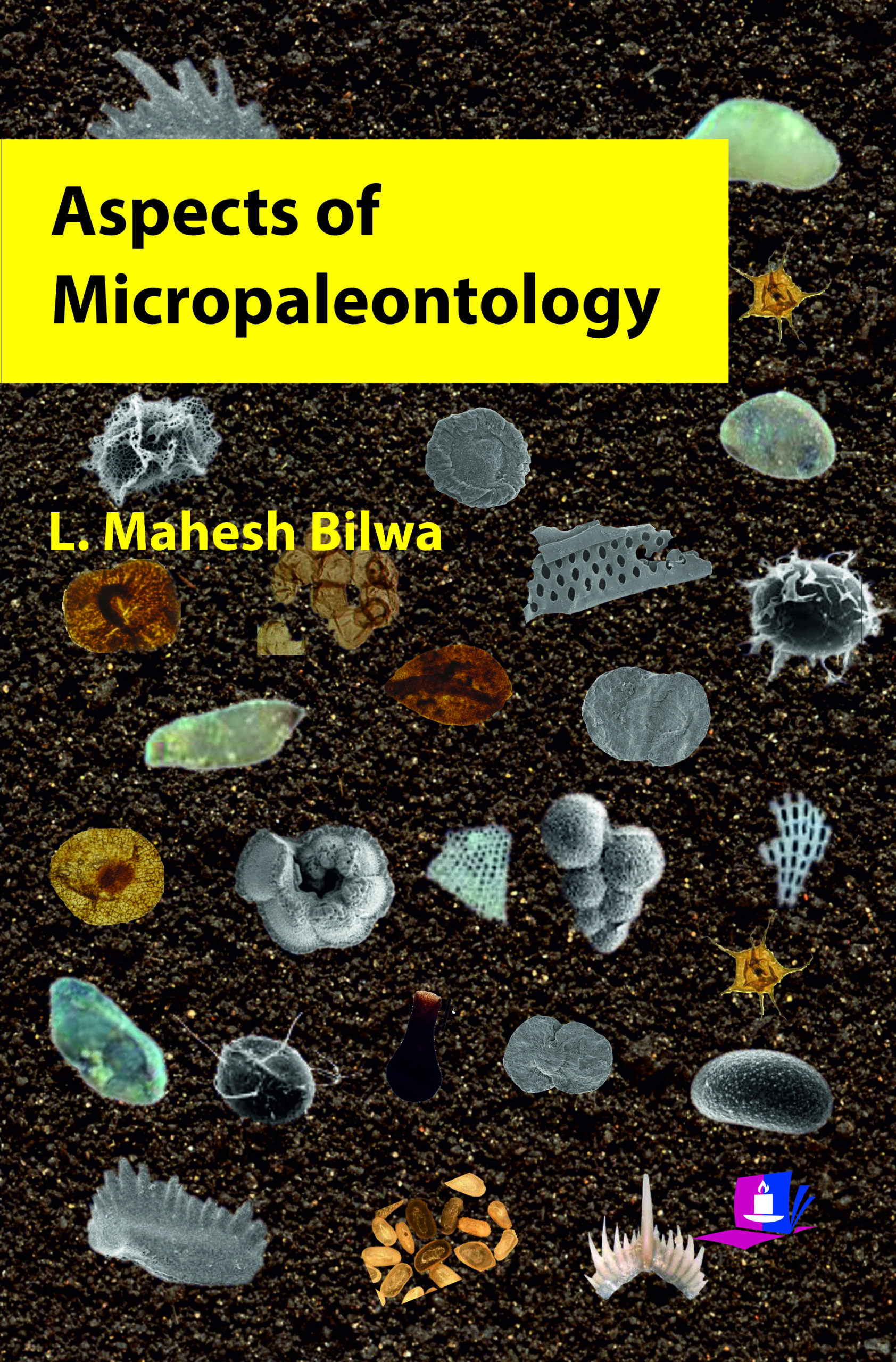
Agroecology, Ecosystems and Sustainability in the Tropics
G. Poyyamoli
Tropical ecosystems are some of the most biologically and ecologically diverse in the world. Traditional, local agroecosystems in the tropics reflect this diversity, and provide excellent examples of how nature can be used as the model for designing and managing sustainable agroecosystems.
Price :
₹
3495.00
ISBN :
9789385883187
Published :
2017
Pages :
xvi+596
Size :
6*9
Binding :
Hardcover
Download PDF
Tropical ecosystems are some of the most biologically and ecologically diverse in the world. Traditional, local agroecosystems in the tropics reflect this diversity, and provide excellent examples of how nature can be used as the model for designing and managing sustainable agroecosystems. This book brings together such examples. Using an agroecological approach, the collection of chapters demonstrates how agroecology must simultaneously be a science, a practice, and a movement for social change towards a paradigm of sustainability that engages all parts of the food system, from the field to the table. Chapter contributors were selected from multiple countries and backgrounds, providing a valuable diversity of approaches and knowledge systems, and the interaction of these systems gives this book the important transdisciplinarity that has become a key component of agroecology. Working across disciplines and knowledge systems is necessary in order to link the multiple components of food systems that promote effective change. As food systems return to the diversity, complexity, and resilience they once had, it is collections of experiences as presented in this book that provide examples of the path we must be on.
Steve Gliessman, Professor Emeritus of Agroecology, University of California, Santa Cruz, USA.
The inter-connection of social, economic and natural processes is of primary consideration for the development of sustainable farming systems. This is an expanding area of knowledge and a plethora of scholarly studies evaluating this inter-connection in different parts of the world is coming up. Deriving practically useful inferences from these studies and making them available to the practitioners and civil society in an easy to understand form is of high value. In this context, this book is an appreciable and timely step in the right direction as it covers an inspiring range of topics in a comprehensible form. This book would be equally useful for students, practitioners, policy makers and various stakeholders in the civil society who are interested to expand their knowledge on agroecology. I owe my deepest sense of gratitude to Dr. G. Poyyamoli for the substantial effort he has undertaken and to the authors of different chapters for their inspiring contributions.
Dr. Gurbir S. Bhullar, Research Institute of Organic Agriculture (FiBL), Frick, Switzerland
G. Poyyamoli, Associate Professor, Department of Ecology and Environmental Sciences and Coordinator, Campus Sustainability Cell, Pondicherry University, Puducherry, India.
Related Books
Lorem ipsum dolor sit amet, consectetur adipiscing elit. Ut elit tellus, luctus nec ullamcorper mattis, pulvinar dapibus leo.




